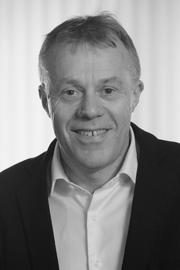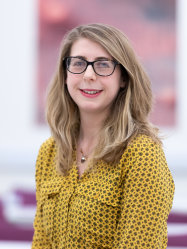earth-bsm-web-d-1.. Wordpress
British Seismology Meeting 2022

British Seismology Meeting 2022
Downing College, Cambridge, 12-14 September 2022
Programme now available
Download the programme schedule here. You can also find our list of posters here and a booklet of abstracts here.
Abstract submission now closed
Abstract submission is now closed. Thanks to everybody who submitted abstracts, it looks to be a great meeting. Remember that you can still register for the conference up to 23rd August. We hope to see you there!

Through generous sponsorship from the British Geophysical Association (BGA), this meeting is part of the long-running New Advances in Geophysics (NAG) series run by the BGA. With this, we are now able to offer a twelve free places for early-career researchers. Apply when submitting your abstract or registering using the indicated form before the 27 June.
Aims
The British Seismology Meeting (BSM22: New advances in multi-disciplinary seismology) aims to bring together seismologists from the UK and abroad, from both industry and academia to present and discuss a wide range of seismological research. The aim is to cover all aspects of seismology. We propose the following list of possible themes:
- earthquake seismology
- seismic hazard and risk
- micro-seismicity
- glacial seismology
- nuclear test monitoring
- induced seismicity
- seismic engineering
- exploration seismology
- imaging the earth at all scales
- seismic instrumentation
- volcano seismology
The list is not exhaustive and presentations that do not fall into these categories will also be gratefully considered.
General Information
The meeting will be held at Howard Conference Centre in Downing College, Cambridge 12-14 September 2022 and will include lunch each day and the conference dinner.
We will be inviting keynote speakers, and we encourage abstracts from postgraduates and early career researchers. A small exhibition from seismic instrument producers and publishers is also planned.
In the spirit of the first and second meeting in this series, held in 2017, Reading and 2019, Edinburgh respectively, we hope this will be an opportunity to strengthen and establish new links within and between seismological communities and industries, and that this meeting, with the help of UK Universities, will continue to be a regular feature on the calendar of British and European seismologists.
Sponsors
We are proud to be sponsored by


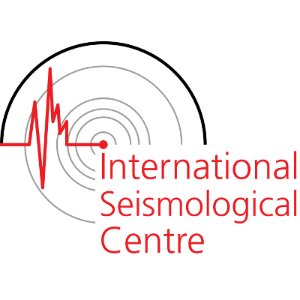



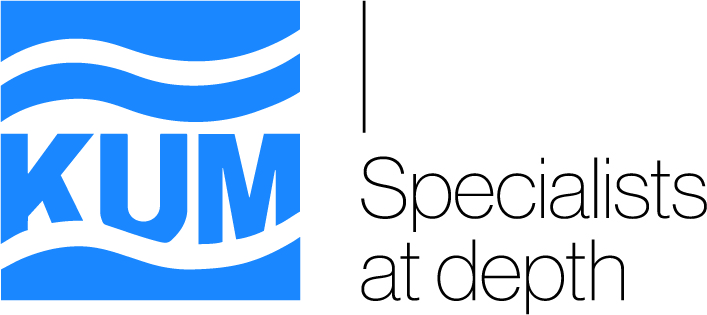

Speakers
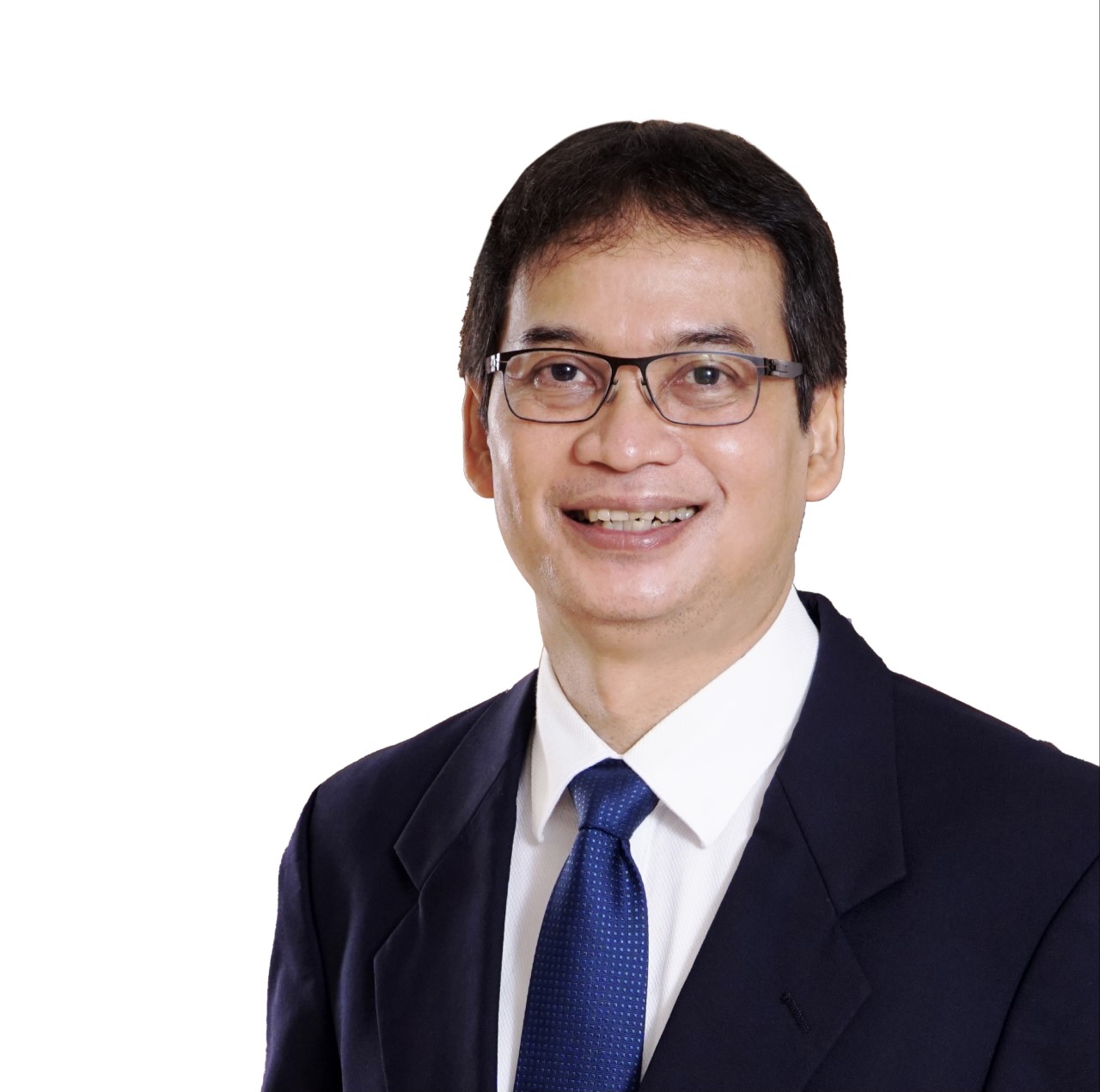
Seismicity and structure of subduction zone in Indonesia: Seismic hazards of Java
Sri Widiyantoro is a professor of seismology at ITB, Bandung, Indonesia, where he has spent his academic career since 1987. He received his PhD in Geophysics from Australian National University in 1997. After postdoctoral research at the University of Tokyo (1998-1999) he joined the faculty of ITB’s Department of Engineering Geophysics. His main research interest is in the field of seismology, particularly seismic tomographic imaging. Alongside his work on large-scale seismological problems, he has engaged actively in consultancy on oil, gas, mining and geothermal explorations related work in Indonesia, so that he can bring a broad perspective to his science.
He has received recognition through numerous awards including the Doornbos Memorial Prize from SEDI-IUGG, the Habibie Award from the Habibie Center, the Science and Technology Award from the Indonesian Toray Science Foundation, and the Australian Alumni Award for Research and Innovation. He has been a Fellow of the Indonesian Academy of Sciences since 2011. He is currently Rector of Maranatha Christian University, Bandung (2020-now), Head of the National Center for Earthquake Studies (2020-now), Dean of Faculty of Mining and Petroleum Engineering, ITB (2011-2020), and President for the Indonesian Association of Geophysicists (2012-2014).

Seismicity and structure of subduction zone in Indonesia: Seismic hazards of Java
Sri Widiyantoro is a professor of seismology at ITB, Bandung, Indonesia, where he has spent his academic career since 1987. He received his PhD in Geophysics from Australian National University in 1997. After postdoctoral research at the University of Tokyo (1998-1999) he joined the faculty of ITB’s Department of Engineering Geophysics. His main research interest is in the field of seismology, particularly seismic tomographic imaging. Alongside his work on large-scale seismological problems, he has engaged actively in consultancy on oil, gas, mining and geothermal explorations related work in Indonesia, so that he can bring a broad perspective to his science.
He has received recognition through numerous awards including the Doornbos Memorial Prize from SEDI-IUGG, the Habibie Award from the Habibie Center, the Science and Technology Award from the Indonesian Toray Science Foundation, and the Australian Alumni Award for Research and Innovation. He has been a Fellow of the Indonesian Academy of Sciences since 2011. He is currently Rector of Maranatha Christian University, Bandung (2020-now), Head of the National Center for Earthquake Studies (2020-now), Dean of Faculty of Mining and Petroleum Engineering, ITB (2011-2020), and President for the Indonesian Association of Geophysicists (2012-2014).
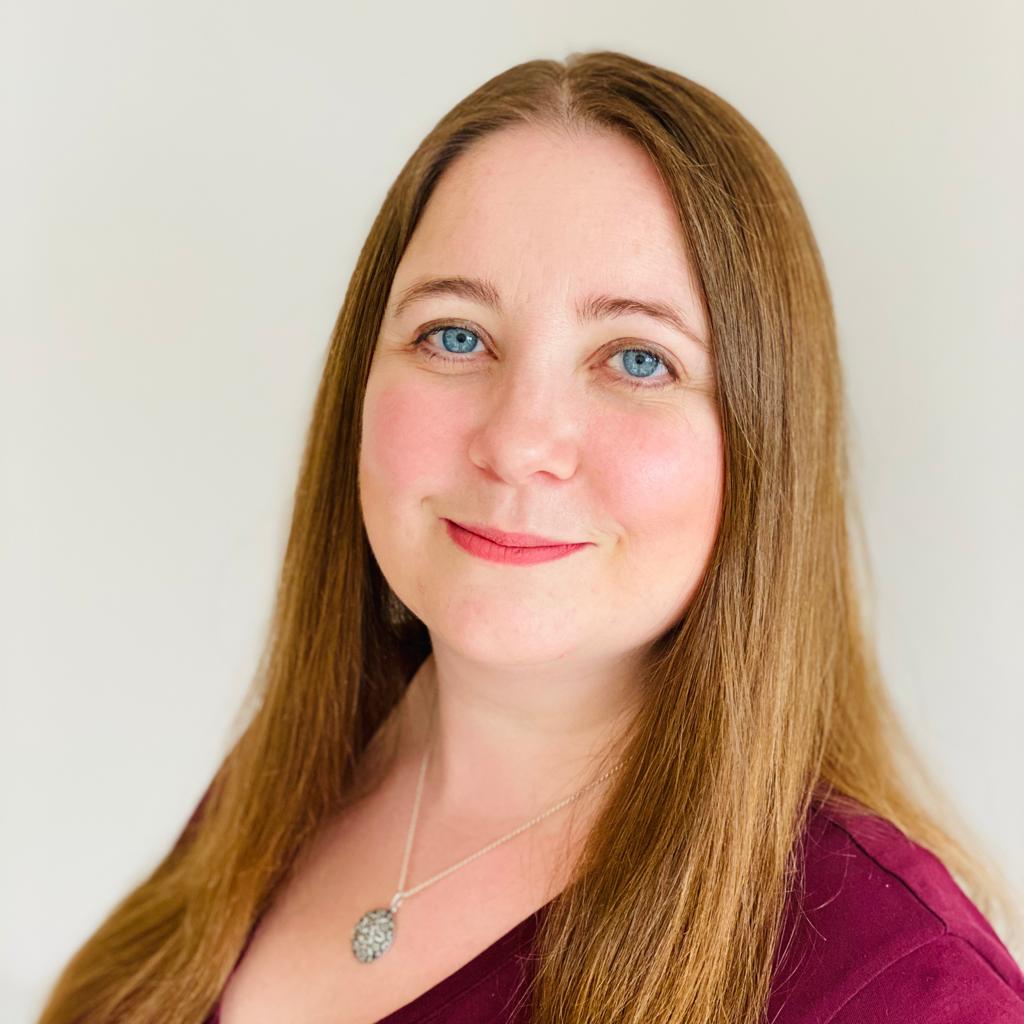

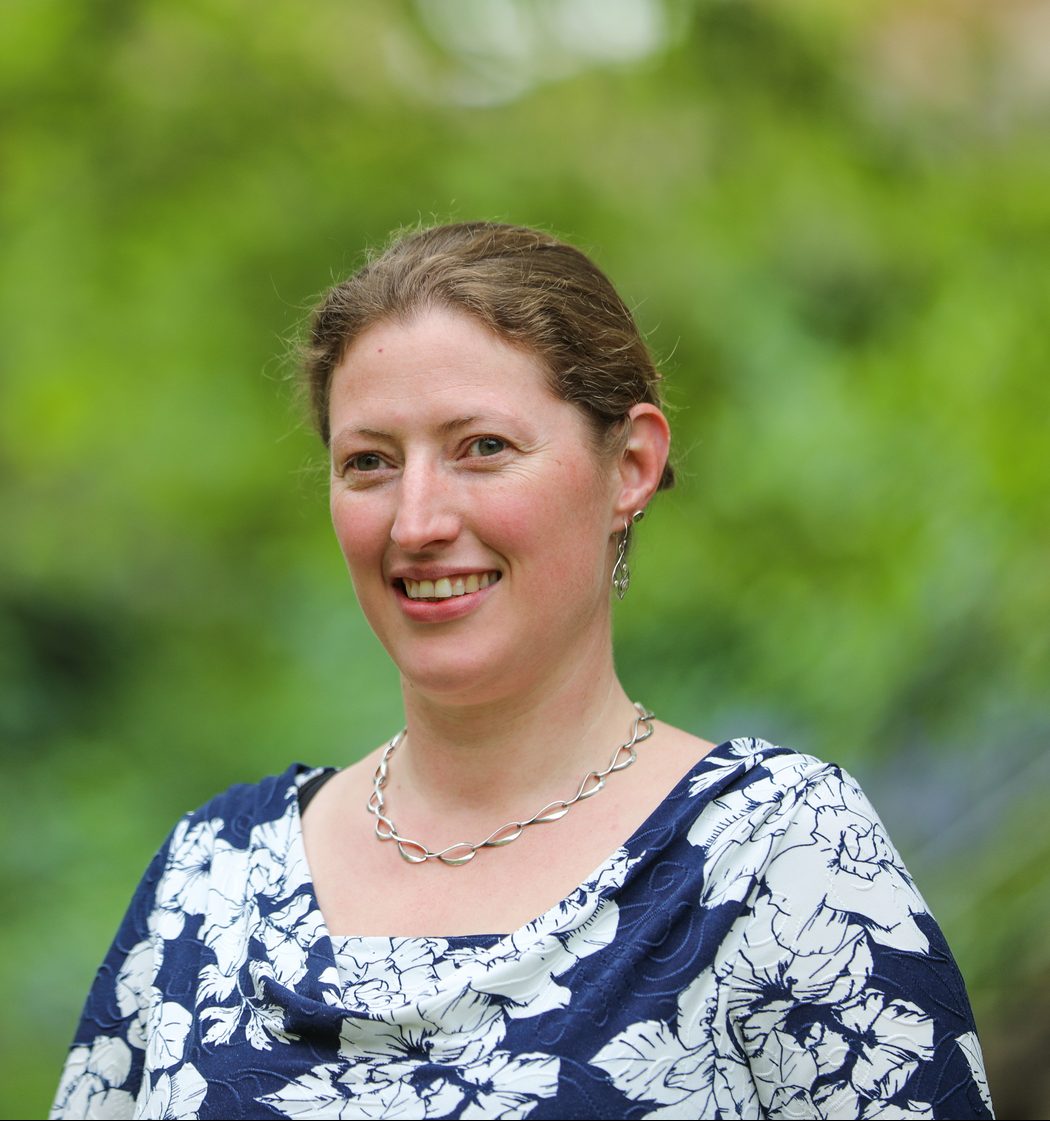
Paula Koelemeijer is a global seismologist based at the University of Oxford. She completed her PhD in Seismology at the University of Cambridge in 2014, analysing whole Earth vibrations to study our planet’s deep interior. Subsequently Paula held individual research fellowships at ETH Zurich and University College Oxford before being awarded a Royal Society University Research Fellowship in 2018. Paula has also been awarded a 2021 Philip Leverhulme Prize and she was the recipient of the 2018 Doornbos Memorial Prize.
Paula’s research has mostly focused on imaging the Earth’s deep interior. Using observations of normal modes, the Earth’s free oscillations that occur after large magnitude earthquakes, she has placed powerful constraints on the velocity and density structure of the deep mantle. She also combines seismological observations with results from geodynamical models and insights from mineral physics to study the composition and dynamics of the Earth’s lower mantle. To make her research accessible, Paula also uses 3D printing techniques for visualising physical models of the abstract structures in the deep Earth.

Paula Koelemeijer is a global seismologist based at the University of Oxford. She completed her PhD in Seismology at the University of Cambridge in 2014, analysing whole Earth vibrations to study our planet’s deep interior. Subsequently Paula held individual research fellowships at ETH Zurich and University College Oxford before being awarded a Royal Society University Research Fellowship in 2018. Paula has also been awarded a 2021 Philip Leverhulme Prize and she was the recipient of the 2018 Doornbos Memorial Prize.
Paula’s research has mostly focused on imaging the Earth’s deep interior. Using observations of normal modes, the Earth’s free oscillations that occur after large magnitude earthquakes, she has placed powerful constraints on the velocity and density structure of the deep mantle. She also combines seismological observations with results from geodynamical models and insights from mineral physics to study the composition and dynamics of the Earth’s lower mantle. To make her research accessible, Paula also uses 3D printing techniques for visualising physical models of the abstract structures in the deep Earth.


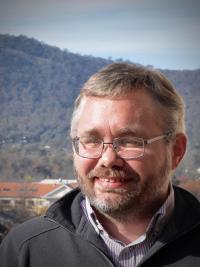

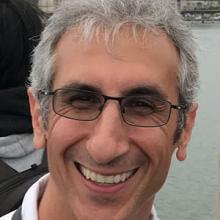

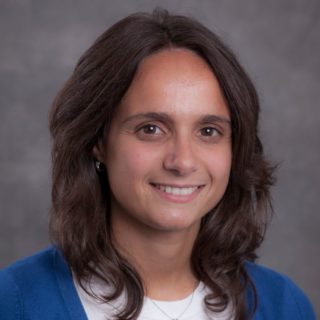

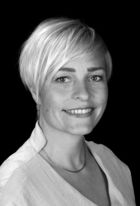
I manage the operational earthquake and volcano monitoring at the Icelandic Meteorological Office (IMO), which is responsible for providing information and warnings about impending natural hazards in Iceland. My research interests go across various disciplines with the aim of understanding the ongoing physical processes of volcanoes and tectonic regimes in Iceland and eventually improving the operational monitoring to provide warnings to the public, aviation and various stakeholders. I participate in the Civil Protection's Science Board, which provides expert advice to the police who are responsible for emergency response in the country. I am involved in several research projects and lead the 3 year IS-NOISE project supported by Rannís (http://is-noise.earth) and lately the Grant of Excellence Rannís project IS-TREMOR. I've taken various roles for the Research Infrastructure Fund of Rannís (Icelandic Research Fund), most recently for the preparation of a new roadmap. I've taught earthquake seismology at the University of Iceland at a MS-level and am active in providing opportunities for students at IMO and in outreach activities which involve bringing science closer to citizens.

I manage the operational earthquake and volcano monitoring at the Icelandic Meteorological Office (IMO), which is responsible for providing information and warnings about impending natural hazards in Iceland. My research interests go across various disciplines with the aim of understanding the ongoing physical processes of volcanoes and tectonic regimes in Iceland and eventually improving the operational monitoring to provide warnings to the public, aviation and various stakeholders. I participate in the Civil Protection's Science Board, which provides expert advice to the police who are responsible for emergency response in the country. I am involved in several research projects and lead the 3 year IS-NOISE project supported by Rannís (http://is-noise.earth) and lately the Grant of Excellence Rannís project IS-TREMOR. I've taken various roles for the Research Infrastructure Fund of Rannís (Icelandic Research Fund), most recently for the preparation of a new roadmap. I've taught earthquake seismology at the University of Iceland at a MS-level and am active in providing opportunities for students at IMO and in outreach activities which involve bringing science closer to citizens.
